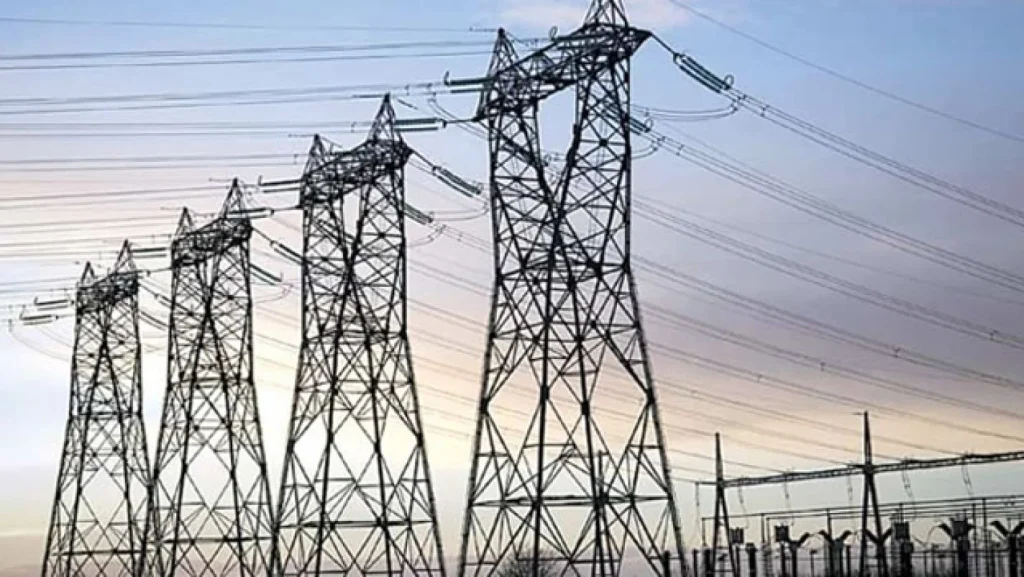The Minister of Power, Adebayo Adelabu, disclosed on Sunday that the Nigerian government will release $800 million for constructing substations and distribution lines under the Presidential Power Initiative.
This funding will be divided equally, with $400 million allocated to Lot 2, covering Benin, Port Harcourt, and Enugu DISCOs, and Lot 3, covering Abuja, Kaduna, Jos, and Kano DISCOs.
The Minister revealed this during his visit to TBEA Southern Power Transmission and Distribution Industry in Beijing, China, where he also attended the China-Africa Cooperation Summit.
He noted that although power generation peaked at 5,170 megawatts, 1,400 megawatts could not be utilised due to DISCOs’ limitations.
“This is truly regrettable, considering that the government is on course to increase generation to 6,000 megawatts by the end of the year,” he said in a statement issued by the Ministry.
Adelabu emphasised the government’s commitment to improving Nigeria’s power sector, aiming to achieve 6,000 megawatts by year-end and 30 gigawatts by 2030, with 30 per cent from renewable energy sources.
“When this administration came in last year, we inherited around 4 gigawatts (4,000 megawatts) of power, but within a year, we achieved a milestone of 5,170 megawatts, adding about 1,000 megawatts of power within the first year. It may seem small, but compared to the country’s history, this is commendable,” he said.
“Our plan is to achieve 6,000 megawatts of power by the end of the year through a combination of hydroelectric power plants and gas-fired power plants. We are also targeting 30 gigawatts of power to be generated, transmitted, and distributed by 2030, with 30 per cent of that being renewable energy,” he added.
He stressed the need for a new super grid to support this vision, as the current national grid is outdated.
“If we assess the strength, capacity, and age of our existing network on the national grid, it is clear that it cannot adequately support our vision for the power sector. Hence, the need for the construction of the Western and Eastern super grids.
“Although we have been working on this since I assumed office, I can also confirm that the President fully supports this initiative because it will improve our transmission network, stabilise the grid, and expand the capacity and flexibility of the national grid,” he said.
Adelabu also mentioned ongoing collaborations with companies like TBEA to enhance the power sector’s infrastructure and reliability.

